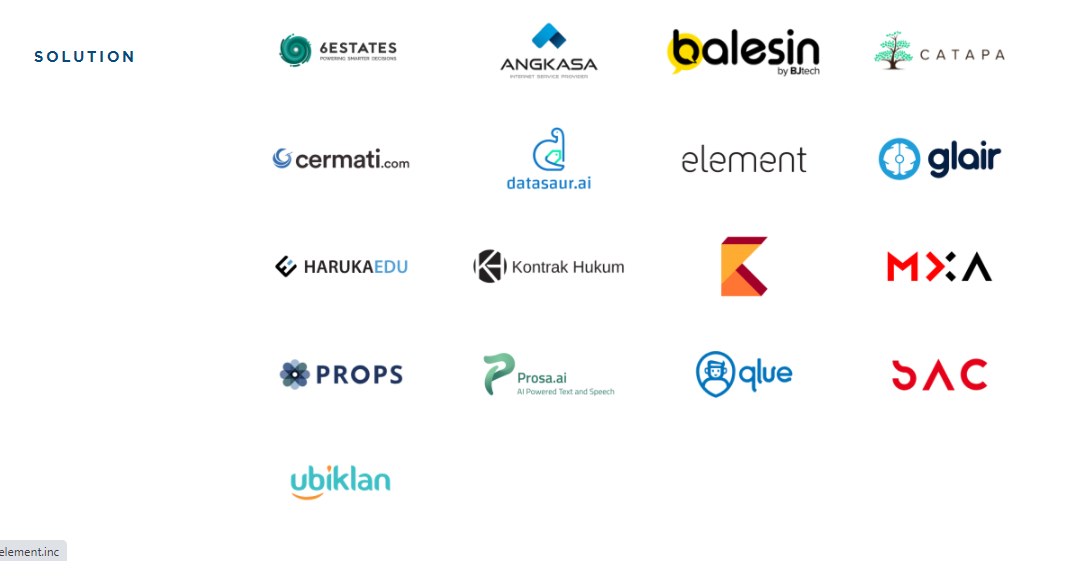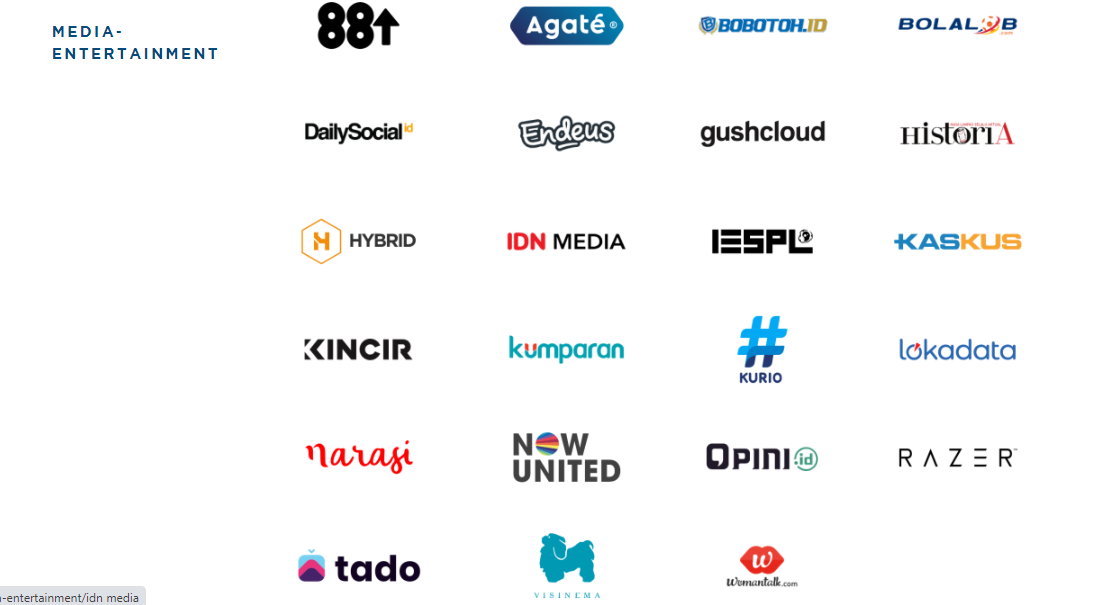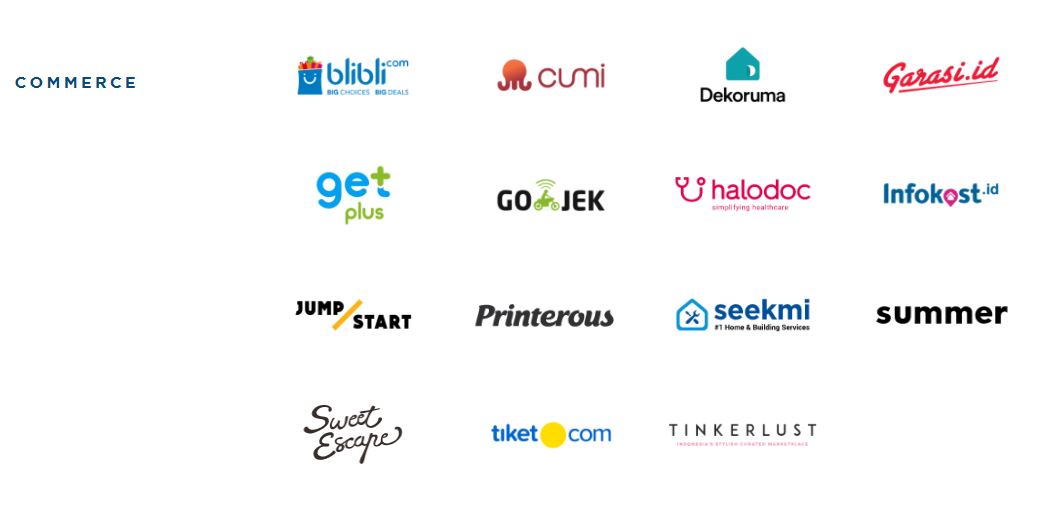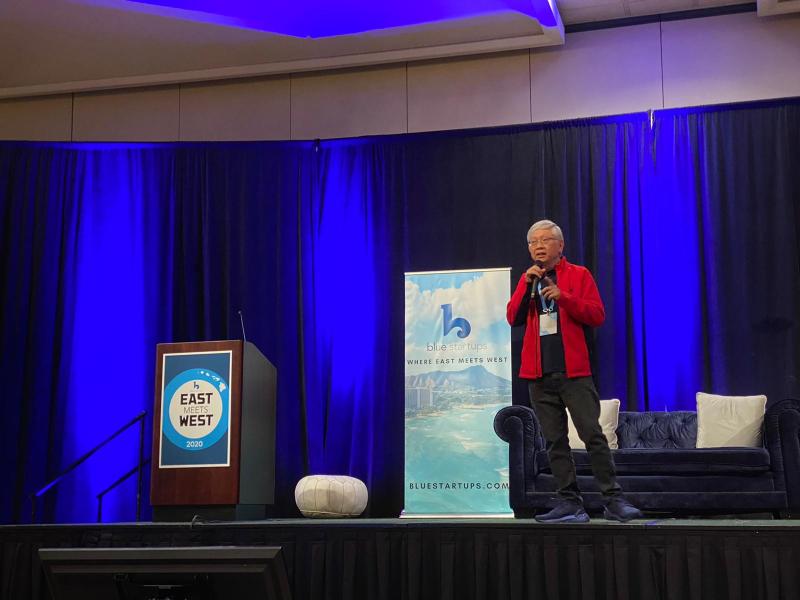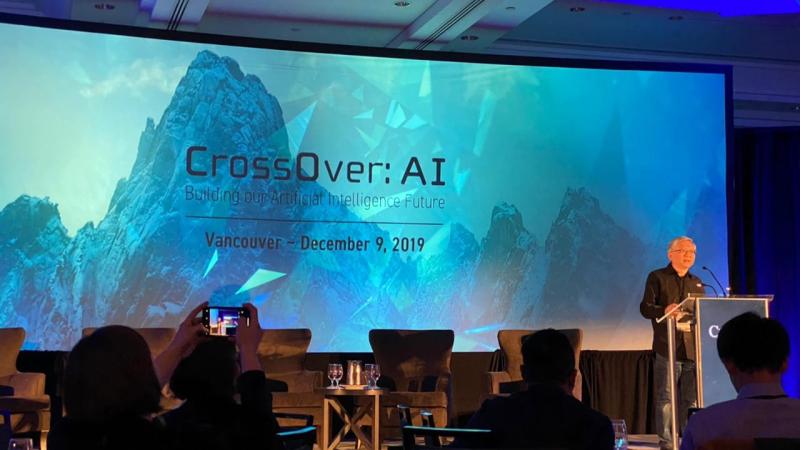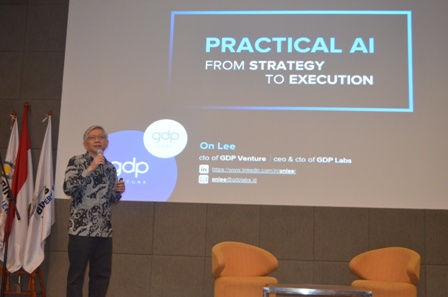GDP's On Lee Talks about The Potential of AI in Indonesian Tech Industry
On Lee has over 30 years of experience in technology. He has built teams in the United States, Indonesia, China and India and is a board member of several AI start-up companies.
This article is a part of DailySocial’s Mastermind Series, featuring innovators and leaders in Indonesia’s tech industry sharing their stories and point of view.
Spending almost over thirty years outside the nation, the CEO & CTO of GDP Labs and CTO of GDP Venture, On Lee finally returned to Indonesia in 2011. In the span of 10 years, he managed to grow GDP Venture and build GDP Labs from scratch, based on the best practice he learned from overseas. Meanwhile, he previously served as the CEO & CTO of Kaskus, the largest Indonesian online community forum in Indonesia.
With over 30 years of experience in internet, mobile, AI, Blockchain, Semantic Web, Knowledge Graph, consumer and enterprise software development, he has held various management and technical positions as a co-founder, CEO, CTO, Executive VP of Engineering, and engineer in both startup and Fortune 500 companies in the US.
On Lee has quite an interest in Artificial Intelligence innovation. He was doing electrical engineering before eventually shifting major into computer science. His belief in the Indonesian tech industry and local engineers has brought him the inspiration for GDP Labs. From 2012 to date, GDP has employed 160 people [mostly engineers] in five cities in Indonesia, Jakarta, Bandung, Bali, Yogyakarta, and Surabaya.
Through GDP Venture, as a venture builder, focusing on digital communities, media, commerce, and solution companies in the Indonesian consumer internet industry. They have invested in over 50 portfolios and still counting. Additionally, he has built teams to start strategic new products in startups and large companies in the US, Indonesia, China, and India.
DailySocial managed to convince him to share some insightful stories along his entrepreneurial journey.
As the CTO of GDP Ventures, also the CEO & CTO of GDP Labs, do you think the Indonesian tech industry has the potential to develop the global center for high technology and innovation or become a tech hub?
Definitely. Digital technology and AI represent a golden opportunity for Indonesia, with a relatively young and vibrant population of over 260 million people. The country boasts a median age of 30 and a literacy rate of 95 percent. Indonesian digital start-ups are primed and ready to follow in the footsteps of other Asian countries such as Japan, India, Taiwan, Korea, and China, which have been successful in transforming their countries through technology. They have significantly improved people’s skills, the standard of living, and productivity and have been recognized as key global players in the world. The Indonesian government has multiple technology initiatives; most universities offer computer science classes; and local and foreign investors are investing heavily in the digital economy, and this has only accelerated during the pandemic.
You've been away for almost thirty years, growing knowledge in the U.S. What drives you back to Indonesia and finally started GDP Labs? What was your dream?
I returned to Indonesia due to family reasons. Our parents were getting old, and we needed to take care of them.
I then discovered many great but raw software engineering talents distributed in Indonesia. Many of them did not have the opportunity to receive the right training, mentoring, etc. Mr. Martin Hartono, CEO at GDP Venture, and I are nurturing some of the brightest and most promising young leaders who would become technology savvy and well-rounded in business and leadership at GDP Labs. Our efforts show promising early results.
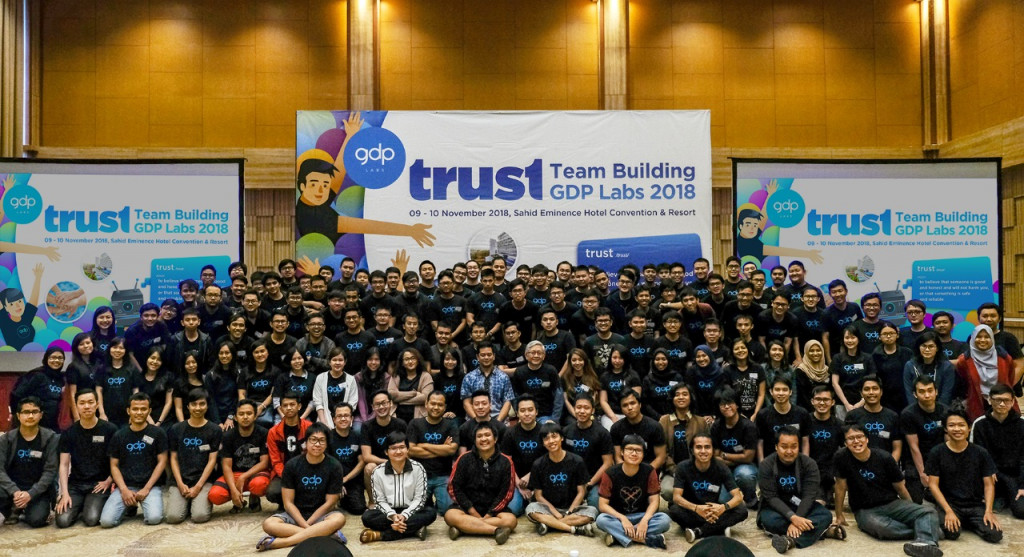
When was the first time you encountered the tech industry? Does technology always been your passion?
I originally majored in electrical engineering. I then switched to a computer science major with a minor in mathematics.
One of my hobbies is playing chess. I used to be a professional chess player. I am interested in computer science, mathematics, and chess because they have two things in common: logic and problem-solving. They helped improve my life personally and professionally.
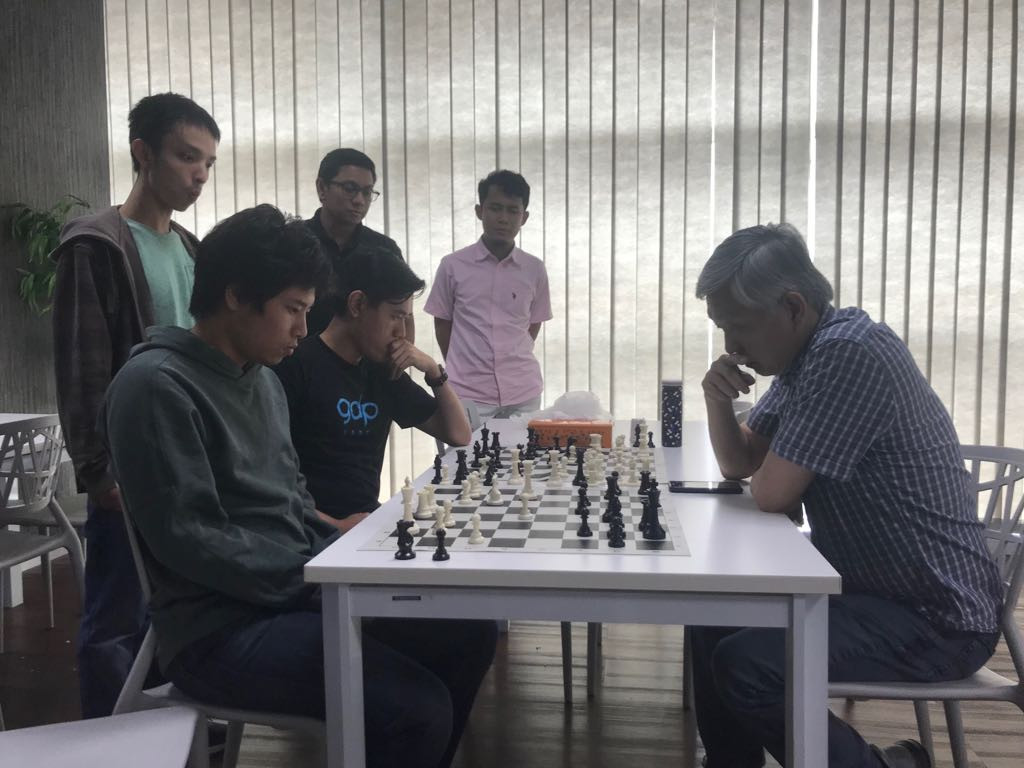
I read some of your articles about Artificial Intelligence (AI). What makes you believe in the first place that this technology can be a key solution for most problems in the world?
McKinsey predicts AI has the potential to deliver additional global economic activity of around USD 13 trillion by 2030. Yes, that’s USD 13 trillion. Some experts have said that AI is as important as the discovery of fire and electricity. Although that may seem like an exaggeration, the point is that AI is going to be one of the most important technologies humanity will ever invent, leaving an impact on society and business in a deeply profound way. It will likely be in a class by itself. It is going to be part of our personal lives, across virtually all industries. AI will help accelerate the global economy’s recovery and growth and position Indonesia well for the future of a new world before us.
2020 is not an ideal situation for everyone, do you believe our tech industry can play a big part in our country's recovery?
2020 has been hard for everyone due to the pandemic which leads to bankruptcies, unemployment, and social issues. In addition to reducing costs, increasing productivity and convenience, technology will help us be safer and healthier. This will help to lead economic recovery faster.
Many companies and governments are accelerating their digital transformation using cloud computing, mobile computing, and AI during the pandemic.
How about GDP Venture and GDP Labs, does this pandemic situation affect the company in a significant way?
Yes, no one is immune. We have asked our companies to revise their 2020 plan on how to survive in the short term and thrive in the long term. Pandemic is like a magnifying glass and accelerator. It highlights what you have been doing right but also what you have been doing wrong. We have chosen to accelerate some initiatives. In short, we needed to adapt.
In terms of investment, do you think Indonesia has provided a good investment climate for its tech industry? Do you see any significant change in the tech investment scene before and after the pandemic?
Yes. We get good government support. Universities produce many software engineers annually, and almost 200 million Internet users in Indonesia, entrepreneurs, local and foreign investors.
The pandemic is a good wake up call. Startups focus on what matters most to survive and thrive, company valuations and expectations become more realistic. It is a humbling experience.
Some of GDP Venture's portfolios
As a serial entrepreneur with over 30 years of experience in technology, I believe you've been put in a bad situation before. Are you willing to share some of the hardships in building a venture? And how you come up with a solution amid the pressure?
Yes. Timing and luck play a big part in both established companies’ and startups’ success or failure. One of the startups that I worked at was on track to hit a billion-dollar valuation in Silicon Valley. Unfortunately, the 2008 recession hit the US and technical debts. The company was sold for lower than our expectations even though we still made some profit.
Do you have certain figures(mentors) to help you through the hard days? Some kind of support system?
Definitely. I was fortunate to get help from many people -- friends, family, mentors, colleagues, teachers, and even strangers.
Everyone will have low points in their lives. They need a support system to go through hardship. I haven’t seen anyone successful by doing it alone.
Who inspired you to be the person you are now? Do you have goals you're yet to achieve?
Many people -- technologists, scientists, sportspeople, artists -- inspired me. They have the following characteristics: they were constantly learning to be well-rounded in leadership, business, and master in their domain.
I believe it’s important to help young people because many people helped and gave me opportunities when I was young and inexperienced. There are so many opportunities to disrupt many areas using technology, while some established companies are still using 20th-century technology. Stay healthy.
What will you say to those tech enthusiasts struggling to pave their paths into the industry yet stumble upon the current pandemic situation?
Clarity. Confidence. Conviction. Have clarity on what you want to do. Execute on it with confidence and conviction relentlessly. There are hidden opportunities during the pandemic.
Artificial Intelligence (AI) is said to replace a human's job. As a human, has it ever occurred to you that there's the worst scenario that can result from this technology?
AI will replace some existing jobs. But, it will also create new types of jobs; more than it eliminates. Let’s look at the following two scenarios.
First, the car industry replaced the horse industry. There are over 1.4 billion cars and there are only 58 million horses in the world now. The car industry - production, services, newfound mobility, etc. - has created more jobs than it eliminated from the horse industry.
Second, there was a company implementing AI-powered robots in their warehouses. Many employees were worried they would lose their jobs. It turned out that the company hired more people due to robots. This may seem counter-intuitive. Why? Because robots are efficient and work 24 hours a day so they produce more; humans became the bottleneck and more humans needed to be hired to keep up with the robot. Although robots could do certain tasks, they couldn’t do anything.
Humans will be free to do more creative work while technology and AI take care of mechanical work. Also, technology and AI free up some of humanity’s time so we could spend our time with other people.
In short, AI augments humans’ creativity and ultimately makes us more human.
Sign up for our
newsletter
 Premium
Premium
